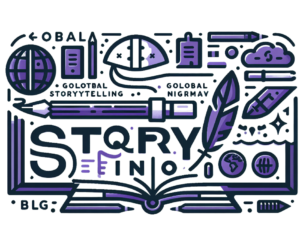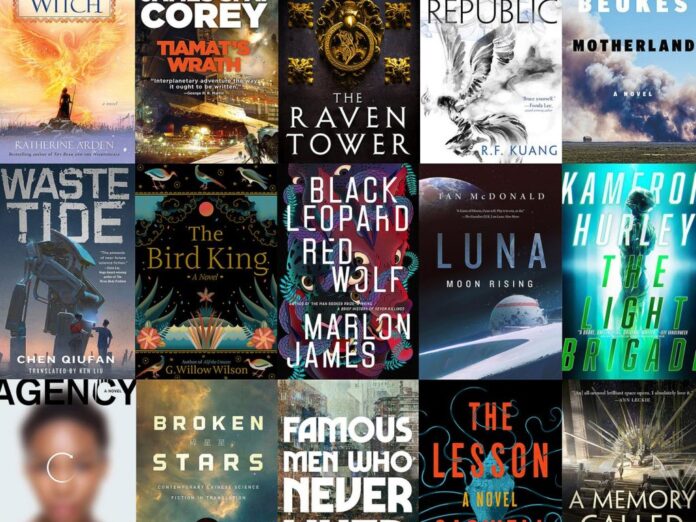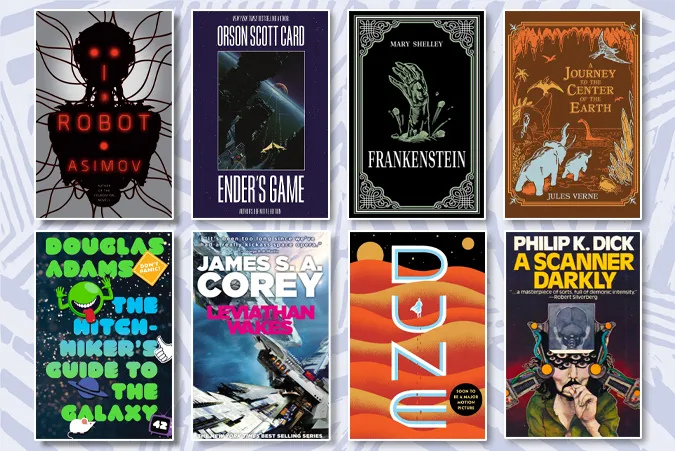
Science fiction, a genre that has captivated readers for decades, blends imagination with science and technology to explore the unknown. The best science fiction books not only entertain but also provoke thought and offer a glimpse into possible futures. Here’s a curated list of the top 10 must-read science fiction books that have left an indelible mark on the genre and continue to inspire readers around the world.
1. Dune by Frank Herbert
Published in 1965, Dune is a monumental work that has shaped the landscape of science fiction. Set on the desert planet of Arrakis, it explores themes of politics, religion, and power through the story of Paul Atreides. Herbert’s intricate world-building and deep philosophical undertones make Dune a timeless classic.
2. Neuromancer by William Gibson
A cornerstone of the cyberpunk genre, Neuromancer (1984) introduced readers to a dystopian future where cyberspace and artificial intelligence play crucial roles. William Gibson’s vision of a high-tech, low-life world has influenced countless other works and remains a seminal piece in science fiction literature.
3. The Left Hand of Darkness by Ursula K. Le Guin
Ursula K. Le Guin’s The Left Hand of Darkness (1969) challenges conventional notions of gender and sexuality through its depiction of an alien world where inhabitants can change sex. This thought-provoking novel not only examines human relationships but also delves into political and social structures.
4. Foundation by Isaac Asimov
Asimov’s Foundation (1951) is the first in a series that explores the rise and fall of civilizations. With its complex narrative and innovative ideas about the future of humanity, Foundation has been highly influential in the realm of science fiction and beyond.
5. Ender’s Game by Orson Scott Card
Released in 1985, Ender’s Game presents a gripping tale of a young boy, Ender Wiggin, who is trained to lead humanity’s defense against an alien threat. The novel is renowned for its exploration of military strategy, ethics, and the psychological impacts of war.
6. Snow Crash by Neal Stephenson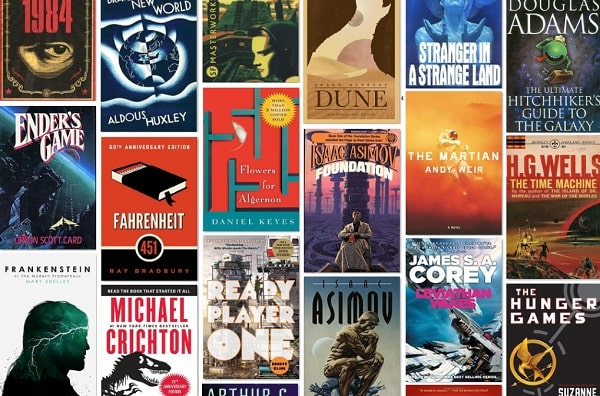
Neal Stephenson’s Snow Crash (1992) is a fast-paced, satirical adventure set in a future America dominated by corporate-controlled city-states. With its sharp commentary on technology and culture, this novel has become a touchstone for discussions about the digital age.
7. The Hitchhiker’s Guide to the Galaxy by Douglas Adams
For a dose of humor in science fiction, The Hitchhiker’s Guide to the Galaxy (1979) is a must-read. Douglas Adams’ irreverent take on space travel and intergalactic adventures provides a comedic yet insightful look at the universe and human nature.
8. 2001: A Space Odyssey by Arthur C. Clarke
Accompanied by Stanley Kubrick’s iconic film, Arthur C. Clarke’s 2001: A Space Odyssey (1968) explores themes of artificial intelligence and extraterrestrial life. Clarke’s visionary ideas and profound narrative have cemented this book as a classic of science fiction.
9. Brave New World by Aldous Huxley
Aldous Huxley’s Brave New World (1932) is a chilling portrayal of a future society driven by technological advancements and mass consumerism. This novel serves as a cautionary tale about the potential consequences of losing individuality and freedom.
10. The War of the Worlds by H.G. Wells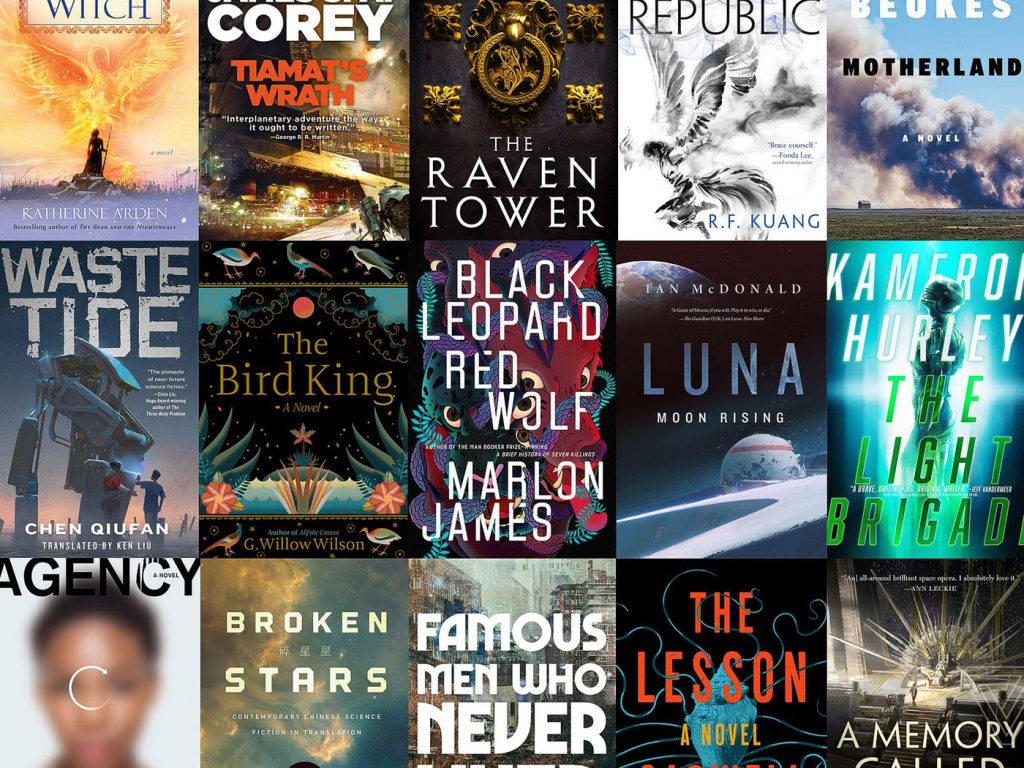
One of the earliest works of science fiction, H.G. Wells’ The War of the Worlds (1898) depicts an alien invasion of Earth. Its impact on the genre is profound, influencing countless adaptations and inspiring future science fiction narratives.
Conclusion
These ten science fiction books represent the genre’s rich tapestry of imagination, innovation, and intellectual exploration. From the epic landscapes of Dune to the satirical brilliance of The Hitchhiker’s Guide to the Galaxy, each of these works offers a unique perspective on the future, technology, and humanity. For anyone looking to delve into the world of science fiction, these must-reads are essential for understanding the genre’s past, present, and future.

